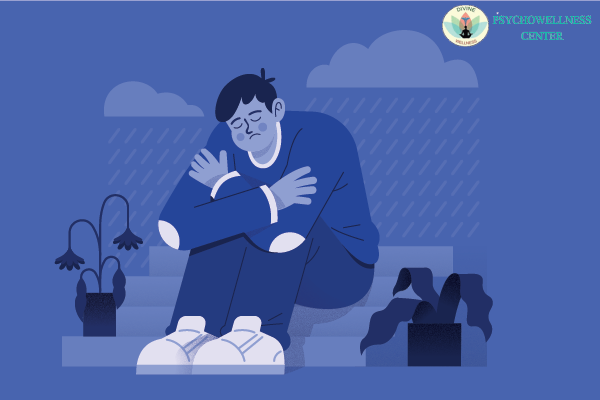Corona virus anxiety: please don’t panic

Corona virus is very contagious virus and people are thinking about it without any reason. It spreads through touching and has been announced as pandemic by the government of different countries. It is very reasonable for the people to think of this but they should not forget that medical and health care professionals are working hard over it, to treat it and find a vaccine for its treatment. Many US cities, Italy, France, Spain, and many cities of India are now getting shut down and they are under curfew.
People are exposed to a large quantity of information which is negative and is increasing the amount of anxiety in the general public. It is important to stay informed, but if it is creating a negative impact on a person or his mental health than, he and his family should stay away from the channels who are creating those negative effects.
Harvard epidemiology professor Marc Lipsitch told The Atlantic last week that around 40 – 70 percent of people can be affected with COVID -19. Some will have mild symptoms while others may be asymptomatic.
Dr. R.K Suri says that there is no need to get over panic. If COVID-19 is compared to other diseases it only has 2 percent mortality rate which is very low as compared to a more dangerous disease which was SARS 2012.
Impact of corona virus on health professionals
The California Department of Public Health agrees that it has a high transmission rate bur a low mortality rate. The international data which is presently available show that around 80 % of people don’t exhibits the symptoms of COVID-19.
CDC estimates that the symptoms occur in 2-14 days after the exposure of virus through coughing and sneezing. It mainly spreads through respiratory system of the human being. Signs include fever, cough and shortness of breath. Older adults are more prone as their immune system is very weak.
COVID-19 and anxiety
If you talk to 2 of your friends, both will have a different perspective about COVID-19. They may be ordering face masks in bulk or may be storing water or other daily amenities. This panic which is spread worldwide neither will nor manages the outbreak. A person has to stay calm and should follow official advice with maintaining a good hygiene around them.
The American Psychological society has advised to maintain a positive mental health during this outbreak and people should not make any kind of assumptions as to whom it may affect.
People should also assess the risk of COVID-19. According to Paul Slovic, how risk is conveyed determines how it’s interpreted. To feel less anxious people should go with the evidence and not the rumors’.
Minimizing risk of COVID-19and stay informed
According to CDC people should wash their hands on regular intervals to minimize the risk of COVID-19. Apart from this, people should cover their face while coughing and sneezing, they should stay home as much as possible, keep the surfaces clean and stay away from sick people.
Psychologically a person should:
- Be attentive to their own feelings and keep on talking to people they feel safe with.
- Be physically active to stay away from stressors, do exercise at home.
- Go for a nutritious diet and must have sufficient sleep.
- Go for habits they like the most and which are more relaxing to them like listening to music etc .
- If they are working from home, make sure to have fixed hours of work as you do in the office. It will help they stay away from overloading themselves.
- People should stay away from media if they feel more stressed.
The isolation, social distancing and quarantine is the recommendations as prevention strategy, at talktoangel clinic led by Dr R K Suri - leading Clinical Psychologist you should consult to have personalized support.




SHARE